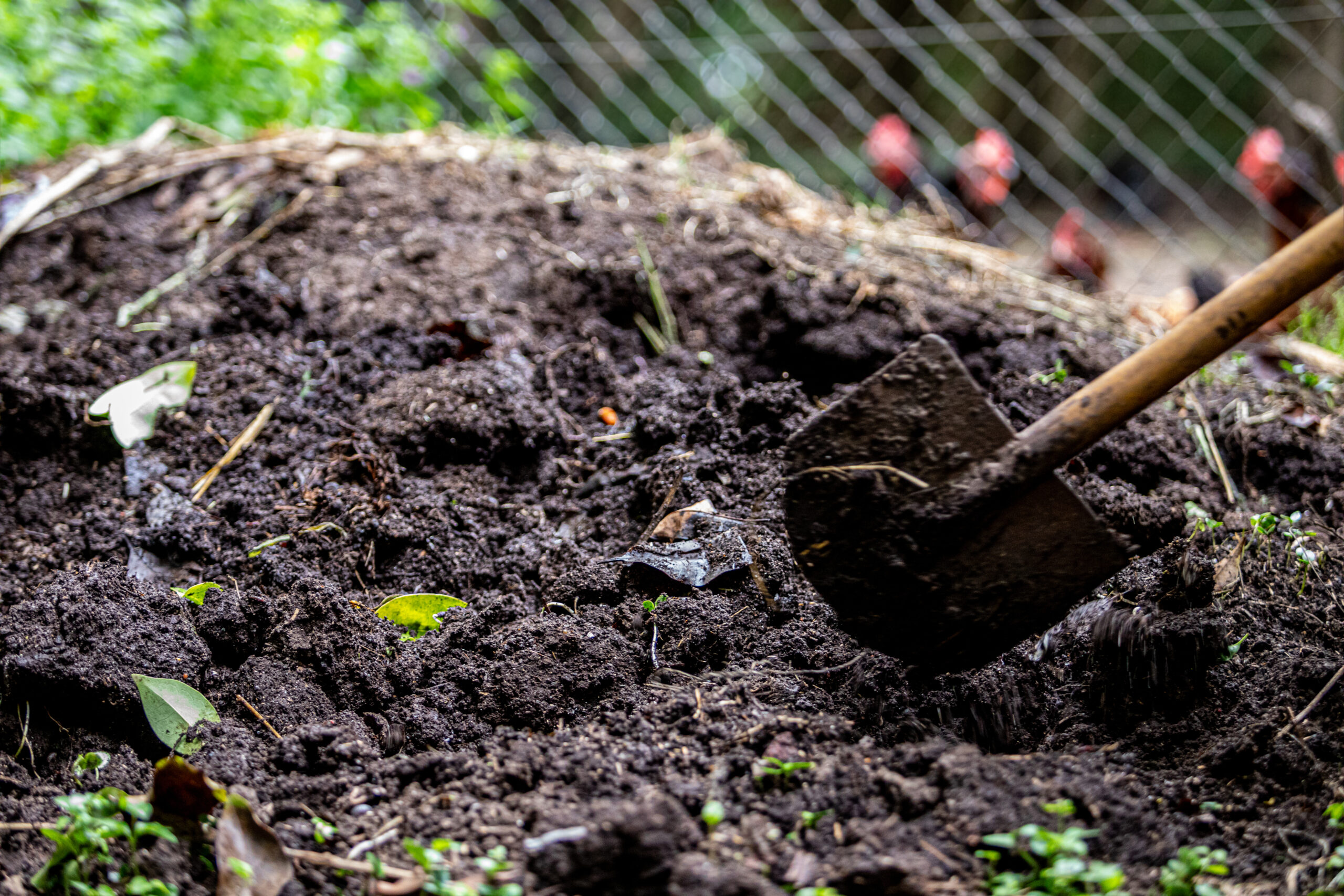

Successful composting depends on understanding the microbial life within your compost pile. This is where soil testing kits become invaluable tools for gardeners and farmers alike. Modern testing technology allows you to analyze your compost’s biological activity with scientific precision, ensuring you create nutrient-rich amendments for your soil.
Understanding Compost Biology
The foundation of excellent compost lies in its microbial ecosystem. Billions of bacteria, fungi, and other microorganisms work together to break down organic matter into valuable nutrients. These microscopic workers determine whether your compost becomes a powerhouse of plant nutrition or simply decayed organic matter with limited benefits. Bacterial populations typically dominate the early stages of composting, breaking down simple compounds like sugars and proteins. As the process continues, fungal networks develop to tackle more complex materials such as cellulose and lignin. The balance between these microbial communities directly affects the quality and effectiveness of your finished compost.
The Science of Compost Testing
Traditional methods of evaluating compost quality relied heavily on visual inspection, smell tests, and temperature monitoring. While these indicators provide useful information, they cannot reveal the true biological potential of your compost. Modern soil testing kits offer scientific analysis that goes beyond surface observations. Microbial biomass testing measures the total amount of living microorganisms in your compost sample. This measurement indicates the biological activity level and helps predict how effectively the compost will benefit your soil. The fungal-to-bacterial ratio represents another critical measurement that influences how compost affects different types of plants. Vegetables and annual crops typically prefer bacterial-dominated compost, while trees, shrubs, and perennial plants benefit from fungal-dominated amendments. Understanding these ratios helps you tailor your compost for specific garden applications.
microBIOMETER® Technology Advantages
The microBIOMETER® advanced testing platform system brings quality analysis to home composters and small-scale farmers. These tools eliminate guesswork by providing quantitative data about microbial populations in compost samples. The testing process involves extracting microorganisms from compost samples and analyzing the color intensity of the solution using specialized reagents, measurement cards, and the microBIOMETER® app. Results appear within minutes, allowing you to make immediate adjustments to your composting process if needed. This standardized approach ensures reliable results that you can track over time to monitor improvements in your composting methods.
Conclusion
Regular testing throughout the composting process helps identify optimal harvest timing. Compost that appears finished may still contain high levels of bacterial activity, indicating continued decomposition. Investing in soil testing kits transforms composting from an art into a science-based practice. Understanding the microbial life in your compost empowers you to create consistently high-quality amendments that maximize plant health and soil fertility. Modern testing technology makes this level of analysis accessible to gardeners at every skill level, building confidence in composting success.